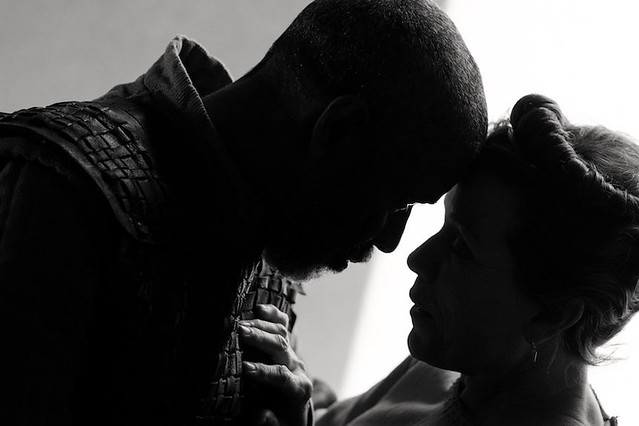 Miguel Gomes, no stranger to mixing real life and fiction in such films as Our Beloved Month of August and Arabian Nights: Volume1-3, with co-director Maureen Fazendeiro, whips up a delightful antidote to Covid lockdown blues with a slight romp The Tsugua Diaries. Taking place in a small remote farm in Sintra, near Lisbon, this sun-drenched little cinematic exercise has more ingenuity and charm that's probably made with an equivalent of 1/100th of a Marvel movie-catering budget I am sure.
Miguel Gomes, no stranger to mixing real life and fiction in such films as Our Beloved Month of August and Arabian Nights: Volume1-3, with co-director Maureen Fazendeiro, whips up a delightful antidote to Covid lockdown blues with a slight romp The Tsugua Diaries. Taking place in a small remote farm in Sintra, near Lisbon, this sun-drenched little cinematic exercise has more ingenuity and charm that's probably made with an equivalent of 1/100th of a Marvel movie-catering budget I am sure.
We start with the day 22 of the diary. There is a rotting quince someone placed on the table. Christa (Christa Alfaitate), Carloto (Carloto Cotta, of Diamantino), and João (João Nunes Monteiro) are first seen at a makeshift party dancing and drinking the night away in the infectious tune of The Night by Frankie Valli & The Four Seasons. To hunky Carloto's dismay, he witnesses the beguiling Christa making out with nerdy João. And it turns out, that that was the end of the movie. Don't worry I didn't blow the ending. Even though The Tsugua Diaries is told in reverse, it's not like an intricate puzzle piece or anything. Fazendeiro and Gomes are simply showing the variations and possibilities of day-to-day existence on an isolated movie set in the Covid era.
As the days progress backwards, we get to see the three of them doing house shores, working on butterfly enclosures together and enjoy their time in the pool. It's Joao's diary we are following. But is it João the actor's diary or is it the character João's? We slowly realize that they are actors in a film. It's the trio's affair for a while, being in the film we are watching, Jules et Jim style love triangle maybe? There is an air of aimlessness of an improvisational project where anything and everything is permitted, and nothing is normal because of the pandemic.
The Covid element doesn't kick in until the talk of Carloto the actor sneaking out of the compound to surf, breaking the Covid protocols Portuguese Government Health Ministry put out. Now they can't have kissing scenes with Carloto anymore because everyone's rightfully afraid and angry. This explains why Carloto is sleeping separately, alone in a van in the beginning of the film.
Fazendeiro is seen looking at the director's monitor in a separate room laid out in a couch. Later we learn that it's because of she is an ego maniac or lazy, because she is pregnant and told to lie on her back by her doctor.
The crew and cast meeting gets heated up with the actors not knowing the direction of the film and not well-defined guideline for anything and everything. As the diary goes back, counting down to Day 1, the unused dirty pool is drained and scrubbed by the crew and cast to be used. The rotting quince slowly turns into a fresh one, getting fresher by the day.
Wryly reflecting the nature of 'expect the unexpected' in both life and filmmaking, Fazendeiro and Gomes create a delightful little summer movie that is cinematically inventive while reflecting the state of the worldwide pandemic and its effect on filmmaking. The Tsugua Diaries is a perfect antidote of a movie in our trying times.
